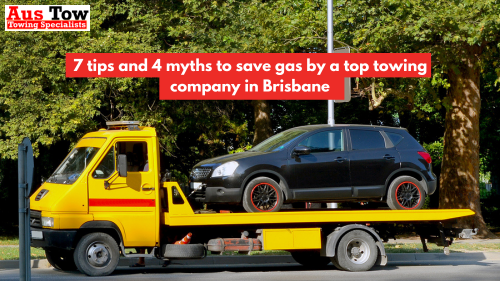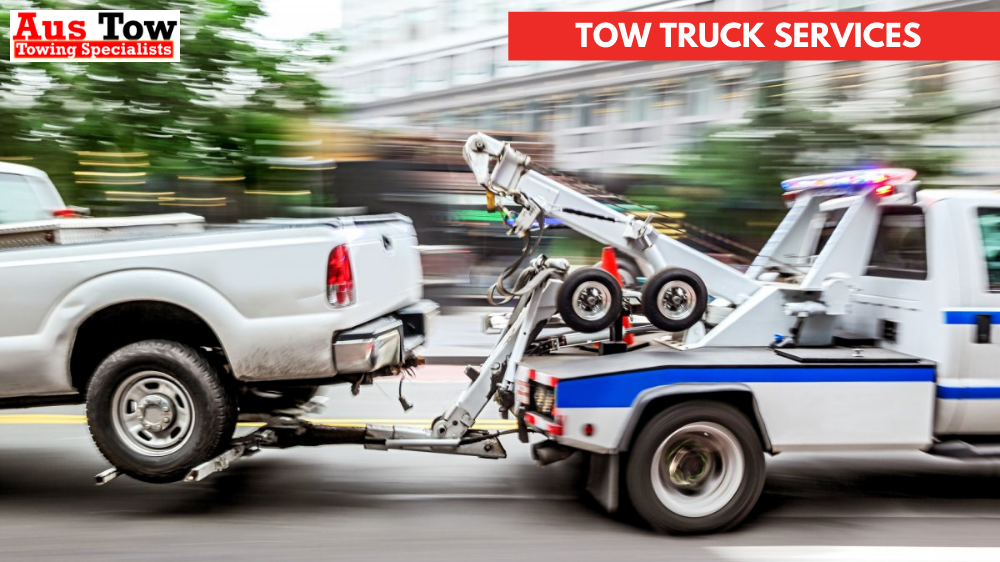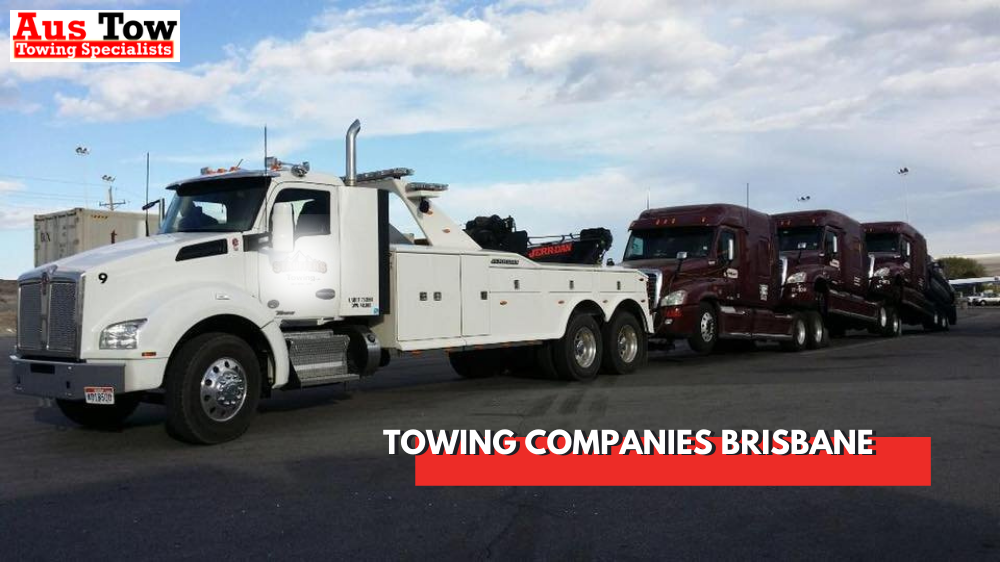
Looking for a way to tackle rising gas prices but don’t know where to begin? It’s a lot simpler than most people think, with a variety of easy techniques available to help you reduce your fuel consumption and save money on gas.
Most of these need only minor changes to your driving habits, so you won’t notice much of a difference in your driving but will notice a significant difference in your pocket!
When gas prices are high, drivers enjoy exchanging gas-saving tips. The more the tip spreads, the crazier it seems to be.
The issue is that some of these “tips” are based on urban legend rather than reality. Others may have been accurate in the past, but advances in automotive technology have made them obsolete.
Keep in mind that both fuel economy and average horsepower have gradually increased over time. So your job is to make effective use of the system by altering your driving habits and avoiding urban legends.
This is why we are here to distinguish between the gas-saving tips that will actually help you and the tips that won’t make any difference and might end up having you search for services of towing in Brisbane.

Gas Saving Tips That Are True
Avoid Driving When Not Necessary
As mentioned by our drivers for towing in Brisbane, if you start walking or riding a bicycle to your destination, you can save money on gas. You won’t have to pay to park your vehicle, and the exercise will be beneficial to your overall health. Many cities are taking steps to improve bike lanes and encourage people to share the road. Most importantly, you won’t have to think about those massive traffic delays if you walk or bike.
This tip might seem senseless but it is not, it actually makes no sense to drive a car to a place close to you when you are the only one travelling, in such a case you should either take a smaller vehicle such as a bike or scooter or walk over. This will help you save on gas as well as save money.
If possible, instead of driving your car, you can take public transportation to work. You will not only save money on gas, but you will also be able to relax and not have to think about driving through rush hour traffic. You might even be able to sneak in a short nap on your way to or from work.
Ensure That Your Air Filter Is In Good Working Condition
Since newer vehicles are computer-powered, they seldom need to be tinkered with. Even so, it’s important to adjust items like the air filter and spark plugs at the recommended intervals. A clogged air filter reduces the engine’s ability to burn fuel effectively, resulting in lower mileage. Your vehicle’s air filter should be cleaned on a regular basis, particularly if you drive in dusty areas. You should regularly visit a garage or towing in Brisbane to get your filters cleaned.
Replacement of a clogged air filter on vehicles with fuel-injected, computer-controlled gasoline engines or diesel engines does not boost gas mileage, but it does improve acceleration. Under normal replacement conditions, replacing a clogged air filter on an older vehicle with a carbureted engine will increase both gas mileage and acceleration by a few percent.
Make Sure Your Tires Are Properly Inflated
Your vehicle’s fuel economy will suffer if the tyres are not inflated to the proper pressure. When the tyres haven’t been driven in a while or when they’re cold, it’s crucial to check the pressure.
It’s been calculated that driving on tyres with incorrect pressure levels will increase gas consumption by up to 2.5 percent, so keeping the tyres inflated to the proper pressure is definitely beneficial. If a tyre is under-inflated, for example, more surface area of the tyre contacts the asphalt, resulting in increased drag and increased fuel consumption. It is a good idea to get your tyres checked by workers in towing in Brisbane to make sure the inflation is the right amount.
Excessive Acceleration Is Not A Good Thing
Although moving your foot further to the floor allows you to drive your car faster, it results in high fuel consumption. This is inefficient, particularly if you have to apply the brakes as you approach an intersection or the next light. Pay more attention to this. You need to get a sense of where your foot location is in order to get the right amount of acceleration without overdoing it.
Accelerating too quickly or too slowly does not result in the most efficient use of fuel. Most fuel is consumed when you floor the gas pedal and accelerate to the desired speed. Moving up to cruising speed too slowly, on the other hand, wastes fuel. The top gears have the highest fuel economy. When you take your time accelerating, your car spends a lot of time in lower, less fuel-efficient gears.
Even if it isn’t the most exciting way to travel, slowing down by just 5-10 miles will significantly improve your gas mileage. Additionally, constant accelerating, speeding, and braking decreases fuel consumption, so try slowing down and driving more cautiously; your wallet will thank you.
Maintain a Consistent Speed
When asked, the drivers of towing in Brisbane said that increasing and decreasing the speed results in more fuel consumption. Instead of maintaining a constant pace, accelerating and decelerating the vehicle often would result in wasteful fuel consumption. Keep a close eye on your pace and strive to keep it constant. If you’re on a long trip, use cruise control if it’s possible to do so.
If you’re going to be idle for more than a minute, switch off the engine.
Do you ever find yourself caught in traffic and idling? Since the car is always burning fuel even though you aren’t driving, this can have a significant effect on your gas consumption, so always turn off the engine if you find yourself stuck in traffic. If you’re waiting longer than 10 seconds, it’s a good rule of thumb to turn off the engine.
Long periods of idling result in increased fuel consumption. As recommended by truck drivers of Towing in Brisbane, if you need to use the air conditioner or heater, cycle it by running the engine for a few minutes and then turning it off. This will save you money on petrol while still keeping you comfortable.
While you’re waiting, move into neutral. This is by far the most critical method of gas conservation. Switch into reverse if you’re stuck in a drive-through lane or at a traffic light for a long time. This relieves some of the strain on your vehicle’s engine, saving you money on gas.
Carpooling is a good idea.
Carpooling with classmates, coworkers, and colleagues is a fantastic idea. If you can find people going to the same location as you, you can save money on gas by travelling together. Especially if you live close to one another or if others live between you and your shared destination. It could be a good idea to rotate who drives from week to week so that no one person is forced to drive all the time. Alternatively, passengers may contribute to the driver’s compensation by paying for a tank of gas. If you have to drive your children to school, sports, or other events, you can work out a plan with your friends and neighbours to split the cost of transportation.
Now that we have learned how to save gas, let us take a look at the fake gas-saving tips:
Gas Saving Tips That Don’t Actually Work
Adding Additives To Gasoline
Fluids that promise to boost your fuel economy can be found on racks in auto shops. A small amount of acetone added to a tank of gas, according to some internet “experts,” makes it burn more quickly. Although certain chemicals can improve fuel efficiency, they are more expensive than petrol. Acetone can also dissolve seals in your engine.

Turning Off The Air Conditioner
Since running the air conditioner consumes more energy, it makes the engine work harder and consumes more gas. The problem is that if you turn off the air conditioner, you’ll probably want to open the windows, which would likely negate any gains by raising aerodynamic drag.
Modern air conditioners are so effective that they don’t degrade engine performance significantly. However, as the saying goes, your mileage can differ, so give it a shot.
Investing In Fuel-saving Devices
The ingenuity in which these gadgets — or at least their marketing — are designed is truly astounding. When gas prices rise, they sprout like weeds. There is one system that spins the air entering the engine, claiming to actually reduces fuel economy.
Putting Too Much Air In The Tyres
People assume that by over-inflating the tyres, rolling resistance is reduced, which means less energy is consumed. That is undeniably real. Also real is the importance of correctly inflating your tyres. But over-inflation is too much of a good thing. The truck drivers of towing in Brisbane, advise strongly against it. This not only reduces traction and increases braking distance, but also causes the tyres to wear out more quickly. It’s much more expensive to replace your tyres than it is to save money on gas.

